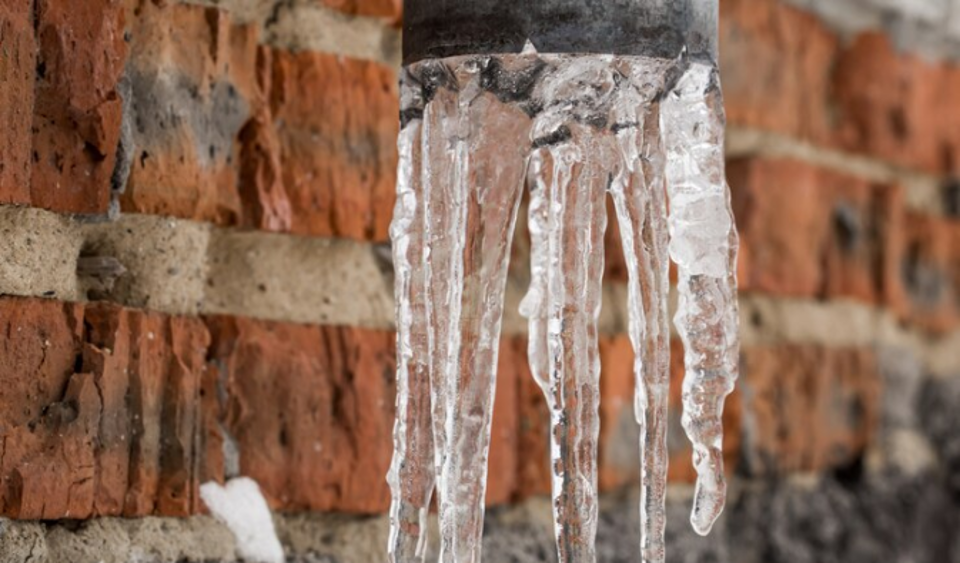Leftover Insurance Money and DIY Repairs
Legal Ownership of Settlement Funds
Yes, you generally have the legal right to keep leftover insurance money after completing repairs yourself, provided you've met policy obligations and completed the necessary work. Insurance settlements typically become your property once paid, and most policies don't require specific contractor usage or mandate returning unused funds. However, this right comes with important conditions—you must actually complete repairs addressing the covered damage rather than simply pocketing the money without restoration. The settlement amount represents compensation for your loss, not a profit opportunity, so keeping funds while leaving damage unrepaired could constitute insurance fraud in some jurisdictions.
Policy Compliance Requirements
Your insurance policy likely contains specific requirements affecting your ability to retain unused settlement funds. Most policies include clauses requiring actual repairs or replacement of damaged property to receive full settlement benefits. Some insurers implement "holdback" provisions retaining portions of settlements until repair completion verification. Mortgage-secured properties often face additional restrictions, as lenders typically require evidence of completed repairs before releasing escrowed settlement funds. Replacement cost value policies frequently operate on two-payment systems—initial actual cash value payments followed by additional funds upon repair completion—affecting the timing and amount of available funds for retention.
Quality and Completeness Standards
Self-completion of repairs must meet reasonable quality and completeness standards to justify retaining settlement funds. The repairs should address all damaged items included in the settlement calculation rather than selective completion of easier or less expensive work. Local building codes and permit requirements still apply to self-performed work, and inadequate repairs that don't restore the property to its pre-loss condition could create issues if future claims arise. Some insurers conduct post-repair inspections or require photographic evidence of completed work before considering claims fully resolved. Meeting these quality standards protects both your ability to retain unused funds and your coverage for future claims.
Financial and Tax Implications
Retaining unused insurance settlement funds creates potential tax and financial reporting considerations. While insurance proceeds compensating for property losses typically aren't taxable income, unused funds that effectively represent financial gain might face different tax treatment. Some states require disclosure of retained settlement amounts during property sales, particularly when repairs weren't completed to full settlement specifications. Future insurance applications may inquire about previous claims and settlement utilization, with incomplete repairs potentially affecting coverage availability or premium calculations. These longer-term implications should factor into decisions about retaining unused settlement funds versus ensuring complete property restoration through the settlement process.






